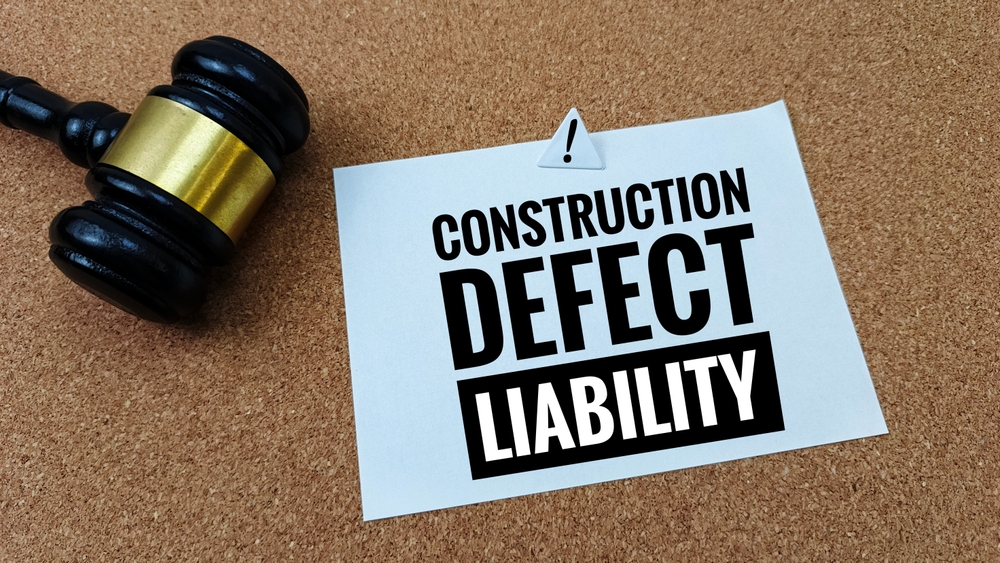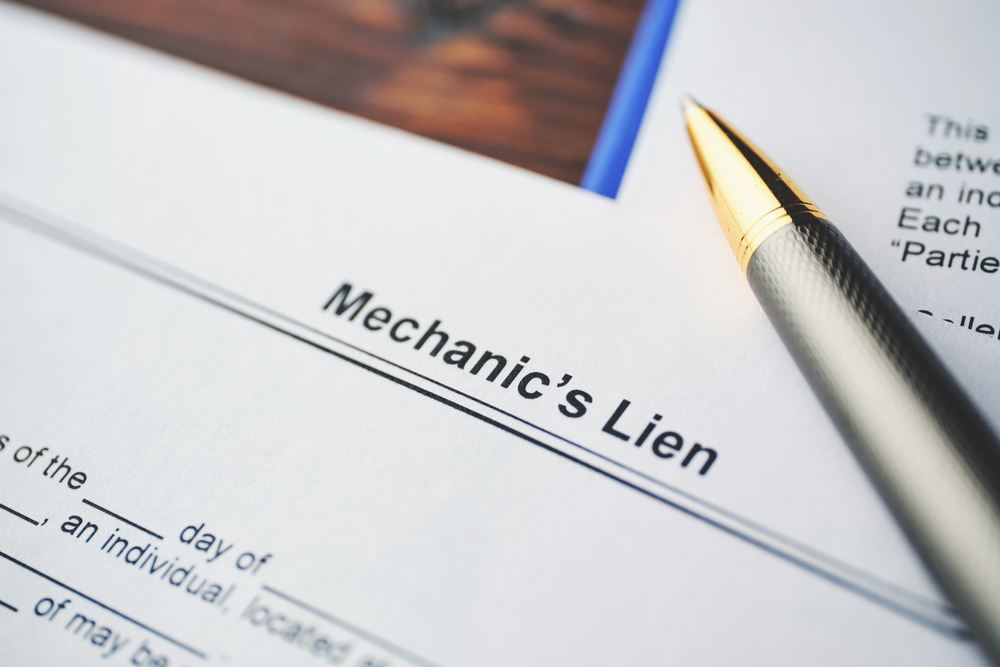
Generally, civil attorneys work long hours and even weekends, but come December, the entire civil justice system essentially shuts down. That is, all except for our office where we have been asked to show up through Christmas Eve. I bring up the subject only to point out that I am at the office with rare “free” time. Instead of reading dry CLE handouts, I’ve downloaded a copy of “The Common Law” by Oliver Wendell Holmes, Jr. As with any book worth reading, I found it difficult to get through even the first chapter without stopping to ponder the passages I find particularly relevant. In the first lecture of the book, Holmes begins by discussing the origins of law, couched in vengeance and a need to remedy injury inflicted by intentional acts. He points out that while we tend to think of ancient civilizations and their laws as barbaric, it was also unlikely that an individual would be punished for acts that were not intentional or for acts that led to unintended consequences. Vengeance, though now considered base, is generally justifiable:
“Vengeance imports a feeling of blame, and an opinion, however distorted by passion, that a wrong has been done. It can hardly go very far beyond the case of a harm intentionally inflicted: Even a dog distinguishes between being stumbled over and being kicked.” – Oliver Wendell Holmes, Jr., The Common Law
This discussion brought to mind the controversy of the civil jury and our “evolution” toward its demise. Often, a lawyer’s opinion of whether he likes or dislikes juries turns on the signatory of his paycheck. However, I sincerely believe that if you lose a jury trial, it is because either 1) your client deserves to lose, or 2) because you failed as the attorney to tell his story. It’s easy to label the jury trial as a “crapshoot,” but the jury always makes the right decision in light of the evidence put before it. “Even a dog distinguishes between being stumbled over and being kicked.”
The jury decides questions of fact. Facts can only be determined by human perception and what better way to determine facts than by simply asking a group of uninterested individuals how they perceive a situation to be. When the law applied to the facts of a case does not produce the just result, it is the LAW that is flawed, not the jury. The law should produce a just outcome that parallels common sense. If it doesn’t, IT IS BAD LAW.
Justice is the inherent perception of what is right and what is wrong. It’s an emotion of either sickness or satisfaction in response to an event or an action. It’s what allows us to go our entire lives without committing a crime, yet never pick up the penal code to determine which actions are in fact criminal. This internal perception can be overshadowed by self-interest, but it is always there. If six or twelve individuals have the same perception of a situation, that perception no doubt reflects justice. The fewer number of individuals deciding the facts of the case, the less likely the finding will be just. This is why villains fear juries, support judges, and prefer arbitration. Ignorant, lazy lawyers do the same.
As for the history of law, it seems that most civilizations start off with good intentions, setting forth idealistic laws of the land in their constitutions, declarations, and creeds. Then the reality of history and humanity sets in. We get tired of fighting our own nature and we allow it to erode the idealism behind the law in an exponential manner until rationalism, common sense and justice are so far removed from the law that only an entire reset of the system can remedy the situation. Then the cycle begins all over again. This constant struggle to find justice is the only thing that elevates mankind as a species. So though it may seem a lost cause, the uphill effort to change the world for the better is essential to our evolution. It’s slow. It’s tedious. And it depends on an individual’s willingness to uphold principles without the likelihood of ever realizing reward or recognition for it. Those of us who at least attempt to fight “the good fight” should expect to offend others, be criticized, and sometimes, be taken advantage of. Rather than allow such things to deter or depress my enthusiasm, I intend to enjoy every minute of it.
Karalynn Cromeens is the Owner and Managing Partner of The Cromeens Law Firm, PLLC, with over 17 years of experience in construction, real estate, and business law. A published author and passionate advocate for contractors, she has dedicated her career to protecting the businesses her clients have built. Karalynn is on a mission to educate subcontractors on their legal rights, which inspired her books Quit Getting Screwed and Quit Getting Stiffed, as well as her podcast and The Subcontractor Institute.

